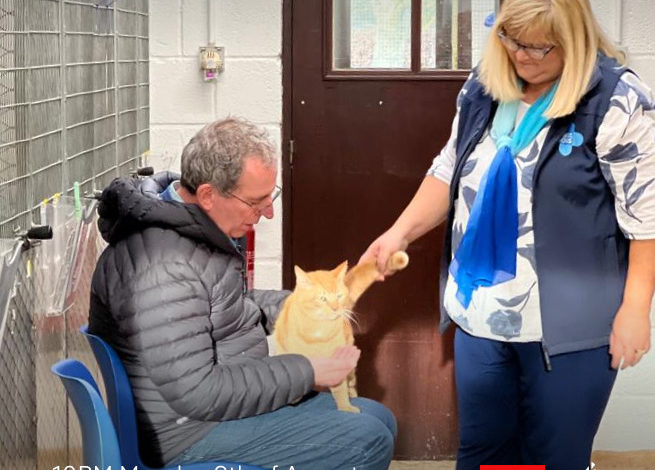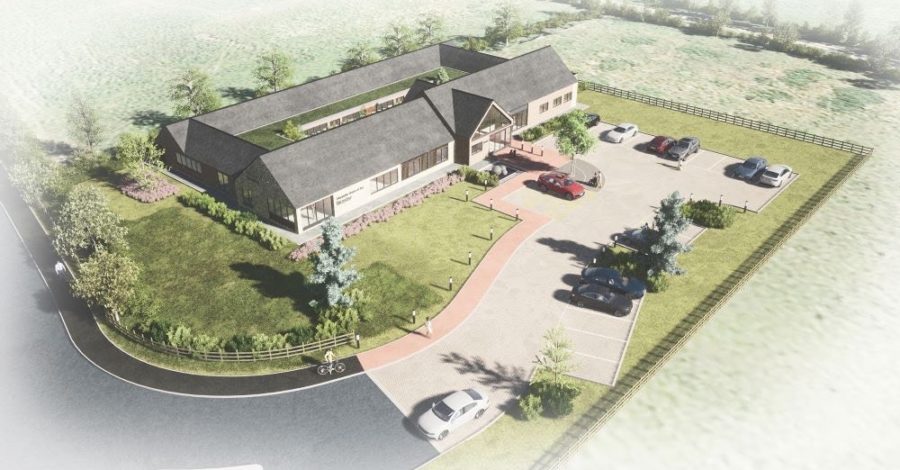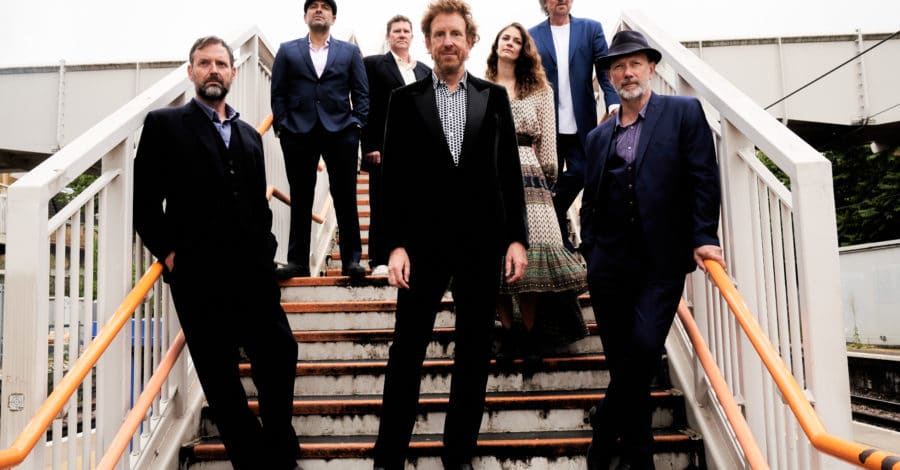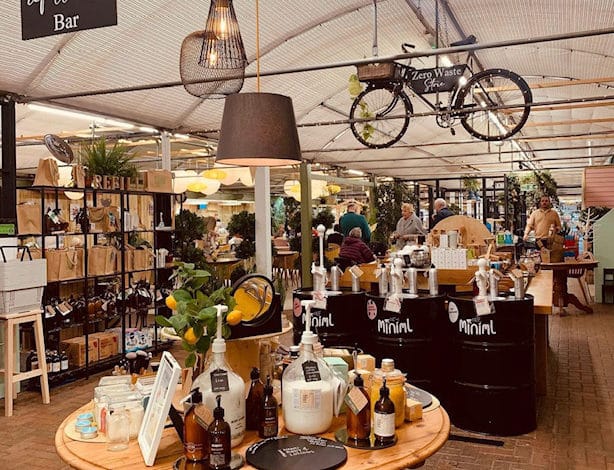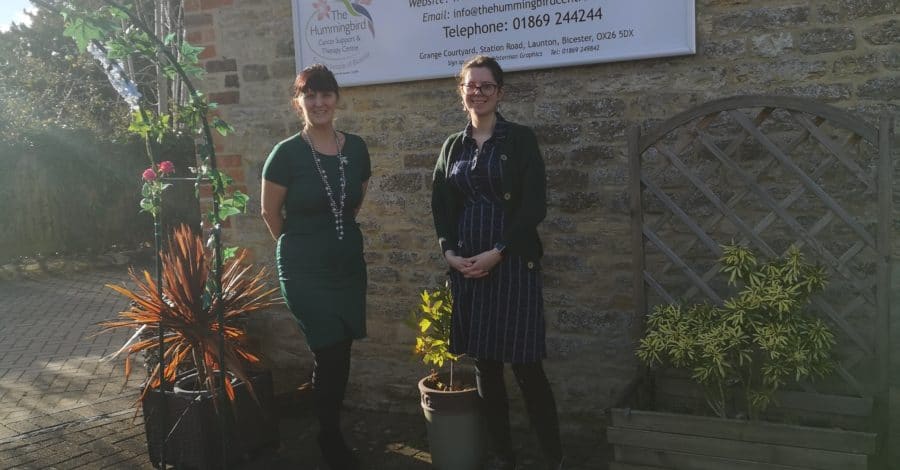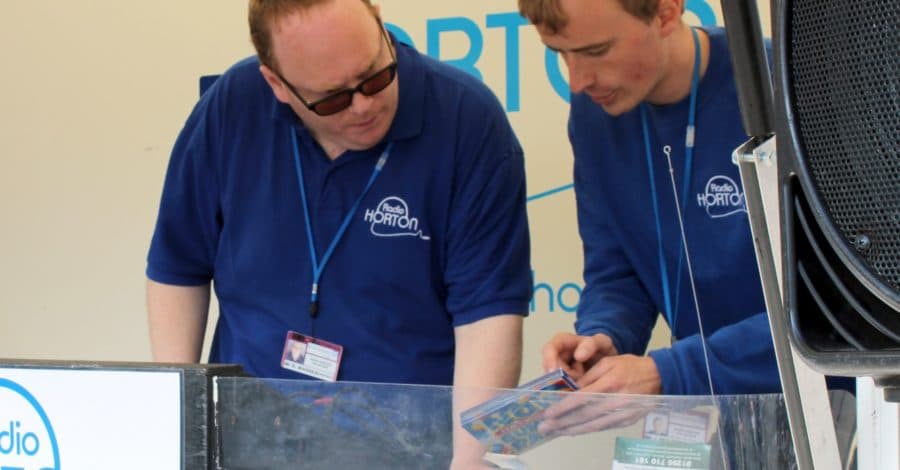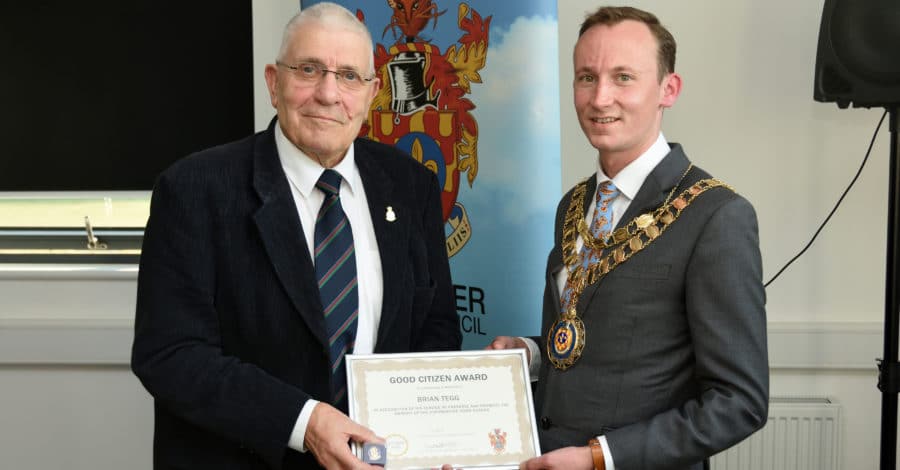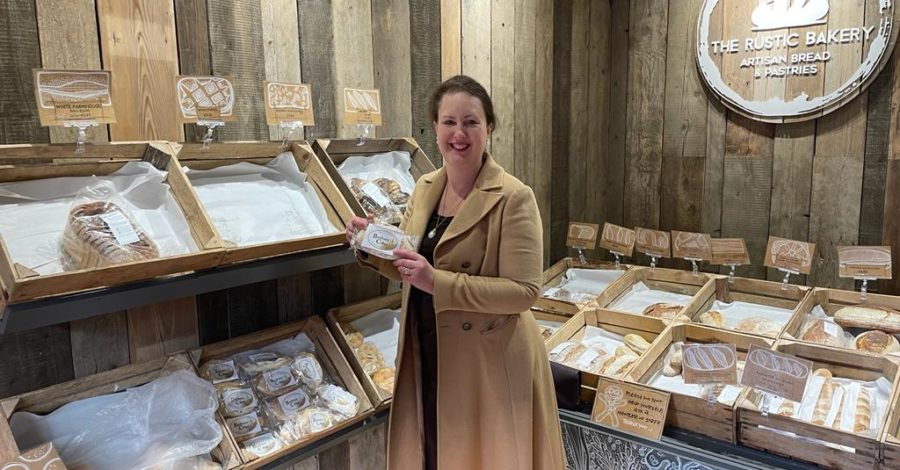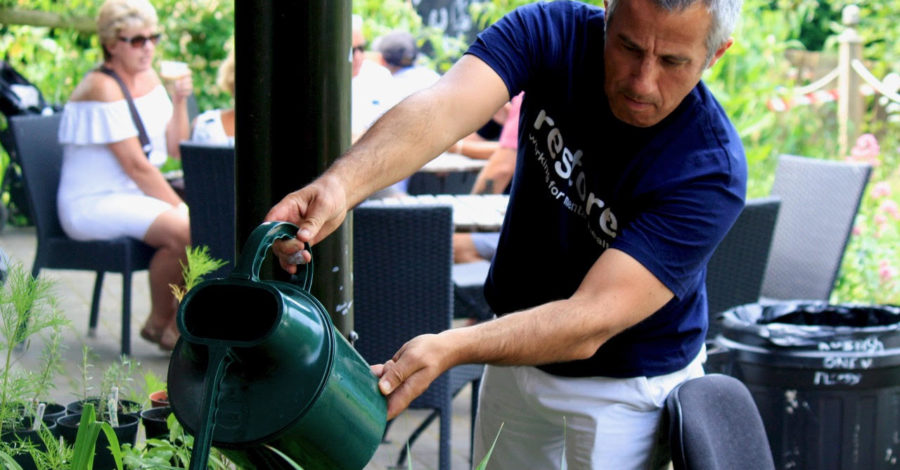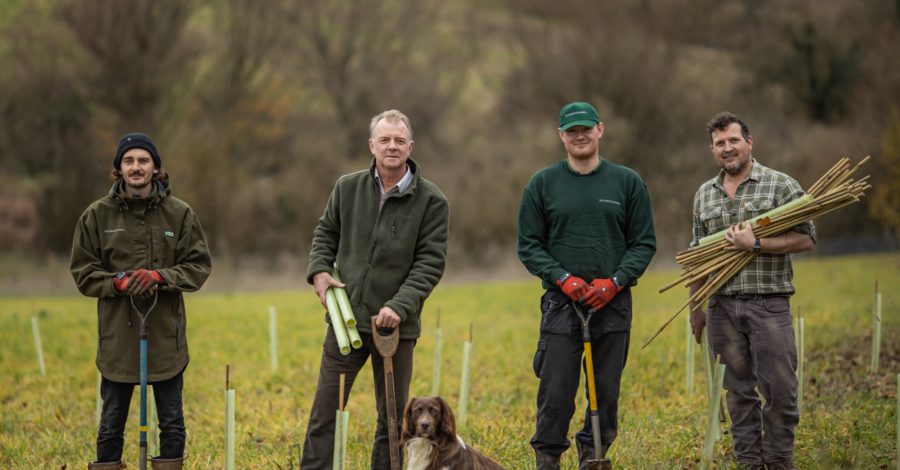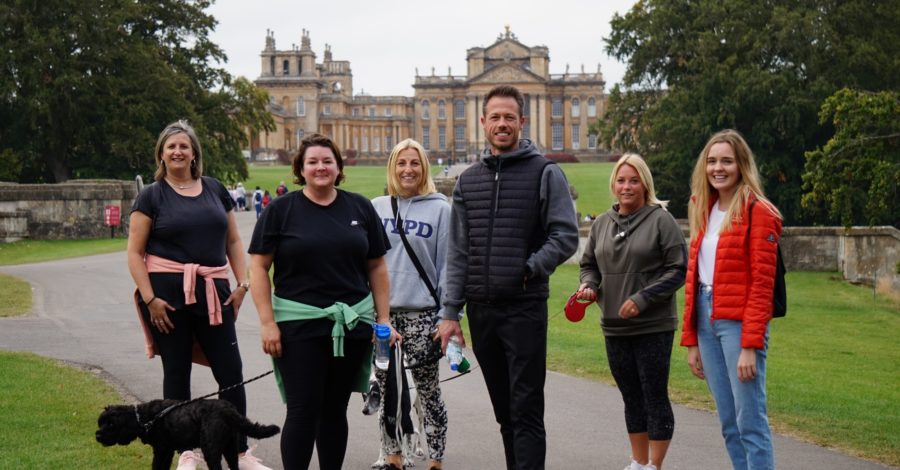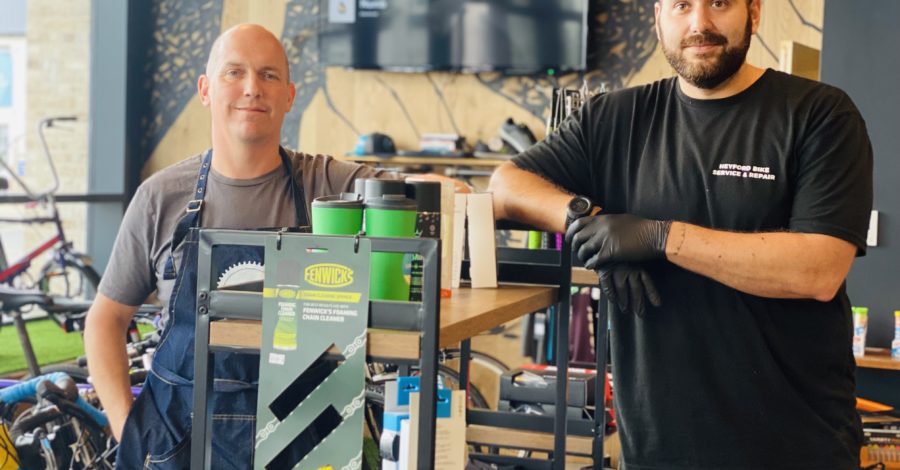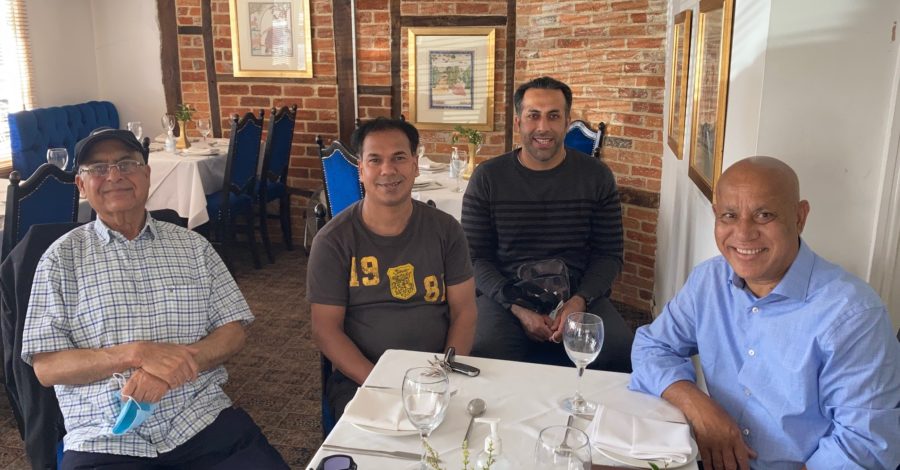[dropcap type =”circle”]V[/dropcap]ictoria Prentis, Member of Parliament for North Oxfordshire, is calling on the Oxfordshire Clinical Commissioning Group to halt Phase One of the consultation about the future of services at the Horton General Hospital in Banbury.
She wants the process to allow the people of Oxfordshire to have a true say on the future of local NHS Services, and said: “It is clear from my own research, and the discussions that I have had with colleagues, that the current consultation process, commissioned by our CCG is not good enough. We are not being provided will the full picture, and I am deeply concerned about the future of the Horton and other vital health services.
“This consultation is, in my view, fatally flawed. True consultation involves offering options on which the consultees can comment having seen the evidence they need to make informed choices. This is not the case here. The Oxfordshire CCG must pause their consultation until they are ready to consult on all health services, together. Safety of patients should be paramount. Splitting the consultation, does not give us a sense that it is a genuine process, and it must be stopped.”
Victoria Prentis’s comments followed discussions with a number of her Westminster colleagues to express concerns about the quality of the current consultation in Oxfordshire. She has raised particular worries about the impact of the proposals on the Horton General Hospital, and the content of the consultation documents.
Leading the Parliamentary debate earlier this week, Dr Sarah Wollaston, MP for Totnes, outlined concerns about the financial position of health and social care matters, and the impact of the current financial situation on patient care.
During the debate, Victoria expressed her concerns surrounding the Horton General Hospital and the Oxfordshire Clinical Commissioning Group’s (CCG) ongoing consultation process and said: “One of the difficulties with the consultation process is that lay people—of whom I am one—are not given sufficient evidence to enable them fully to engage with the system and to have trust in the trusts that are seeking to engage them.”
In response, Dr Wollaston commented that: “It is important that this evidence is available not just to us, but to the local community. There should also be a sense that consultations are a genuine process.”
From our Twitter page


